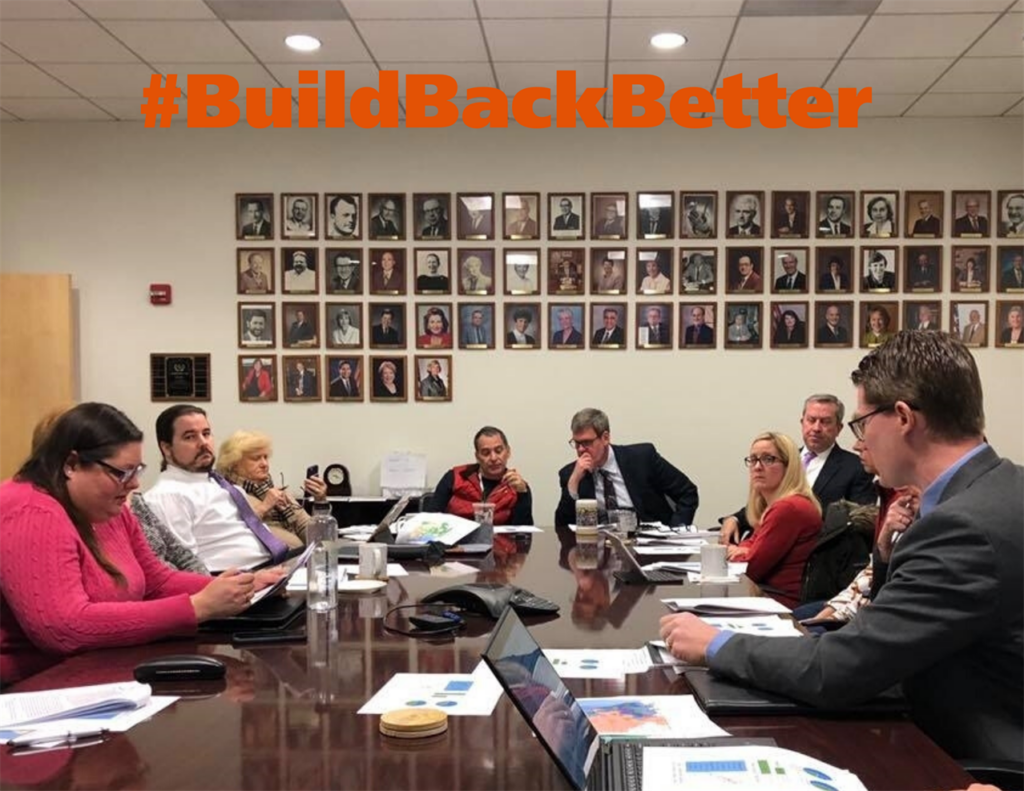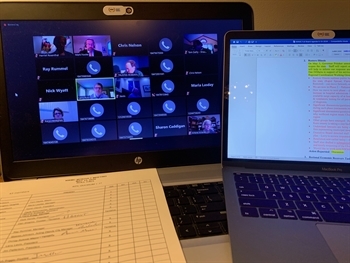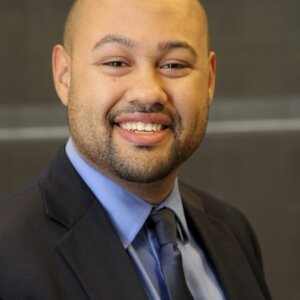Thinking Regionally, Acting Locally During a Pandemic
A look at how local governments are working together to respond to COVID-19

Local governments are on the front lines in protecting residents during the COVID-19 pandemic. While many people across the region abide by Governor Pritzker’s stay-at-home order, municipalities are assessing the impact the virus has caused to communities. While health care and grocery store workers are visible front line workers, there are also many local officials who are doing a lot behind the scenes to ensure public safety and to create plans for safe reopening. Here is a snapshot from the northwestern suburbs of Chicagoland.
Local cooperation. Municipalities are working together to manage a coordinated response. Most local governments are members of a Council of Government (CoG), a voluntary association of local governments, which engage in cooperative planning, service coordination, and technical assistance across jurisdictional lines. The Northwest Municipal Conference (NWMC) is an association of forty-three local governments located north and northwest of Chicago that collaborate and provide leadership and advocacy on matters of mutual concern in the public interest. The NWMC is one of eleven such organizations in the Chicago region and also partner with similar stakeholder organizations like the Metropolitan Mayors Caucus (MMC), Chicago Metropolitan Agency for Planning (CMAP) and the Metropolitan Planning Council (MPC).

A key element of the pandemic response work is coordinating on national, state, and regional cooperative efforts. Weekly meetings with partner municipal associations and the Metropolitan Mayors Caucus allowed for regional information sharing, the craft joint advocacy documents in response to aspects of the pandemic, and provide input to meetings and teleconferences with Governor JB Pritzker and Chicago Mayor Lori Lightfoot. The NWMC provides guidance and staff support for the suburban mayoral appointments to Mayor Lightfoot’s COVID-19 Recovery Taskforce as well as feedback on Restore Illinois, Governor Pritzker’s recently announced plan to fully reopen the state.
NWMC staff has also collected information on potential municipal budget impacts resulting from the pandemic, utilizing the information to advocate for direct federal financial assistance for local governments. Other surveys were undertaken by the organization range covering remote work policies and capital project planning to COVID-19 expenditures, event cancellations, and business reopening plans.
Information sharing. Cities are sharing resources across the nation through national associations such as the National League of Cities and the International City/County Management Association (ICMA). Resources for County governments are coordinated and distributed by the National Association of County Organizations (NACo). Financial management resources for local government types are provided by the Government Finance Officers Association (GFOA). These organizations provide best practices for local governments nationally.
In March, this survey helped local governments learn what their neighbors in the region were implementing, such as remote work for municipal employees and social distancing protocols for essential workers. Documents were also shared regionally, such as the City of Lake Forest Emergency Operations Plan that could serve as an example for local governments looking to develop or revise their own emergency plans. Members of NWMC are better prepared to address the pandemic and determine a path forward.But what is going on in local communities? At the outset of the COVID-19 pandemic, the NWMC quickly shifted operations to assist our members by collecting, facilitating, and sharing information to help them address this unprecedented situation. To centralize this process, the NWMC created a ‘Here to Help’ document, which is a running compilation of member-generated best practices, resident/business assistance, surveys, and other COVID-19 related information. NWMC issued twelve updates and the document evolves with activities surrounding the pandemic, whether it be the Restore Illinois Plan or the Be Safe Chicago plan.
Complex negotiation. With such high stakes for local governments and their communities, deciding on the specific details can become contentious. Elected officials have to weigh the timing of reopening, and the timing could be the essential factor that allows their local businesses to reopen. While discussions can get heated, there is immense value in presenting different views and refining a regional response for clarity to the State.
We’ve continued to listen to our epidemiologists and follow the data. Illinois is on the right track because all of you are #AllInIllinois. Let’s keep it up!
??: @FortuneMagazine https://t.co/lJAl7O7Jbp pic.twitter.com/hURXMgXmre
— Governor JB Pritzker (@GovPritzker) June 13, 2020
As COVID-19 continues to present its challenges, the Northwest Municipal Conference and other councils of government in our region stand ready to help our membership and regional, state, and national partners to successfully navigate the uncharted waters of this global pandemic. Coordination has produced positive results thus far. An improved and more resilient Illinois results from informed partnerships across the regional partners. Thinking regionally and sharing information is essential in addressing health and safety issues that cross our borders.
Mark Fowler was appointed as Executive Director of the Northwest Municipal Conference on October 3, 2001. Mark previously served as the Conference’s Transportation Director from 1991 to 1997 and rejoined the Conference as Deputy Director in December 1999.
Founded in 1958, the Northwest Municipal Conference is an association of 44 municipalities and one township located in the north and northwest suburbs of Chicago. The Conference represents over 1.3 million residents located in a 300 square mile service territory in the counties of Cook, Lake, DuPage, Kane, and McHenry.
